Share the page
Global threats and organised crime - Our work and impact
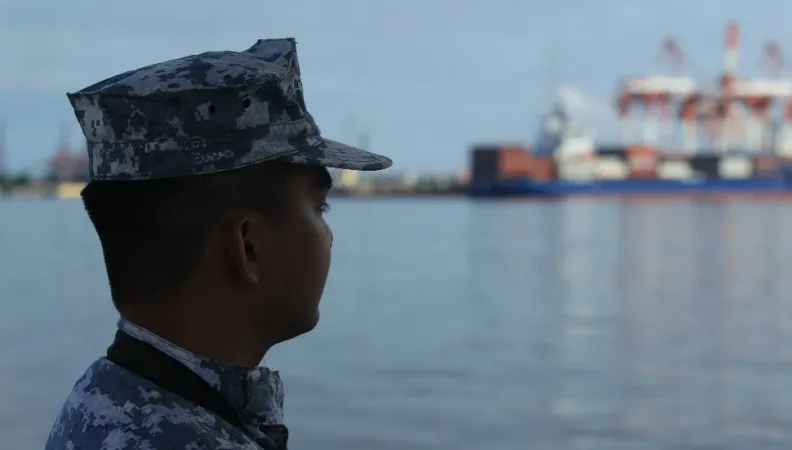
Terrorism and organised crime are cross-cutting threats that undermine the peace and security of populations. This is why Expertise France is committed to strengthening the capacities of those who combat major transnational threats, supporting them in addressing the root causes of these forms of crime at national, regional and international levels.
$90 billion
In Africa, the equivalent of nearly $90 billion, or 3.7% of the continent’s gross domestic product (GDP), is lost each year due to illicit financial flows. The Convention against Transnational Organised Crime (UNTOC) was adopted by the United Nations General Assembly in November 2000, and entered into force in September 2003. It has been ratified by 192 states, making it one of the most widely adopted treaties in the world.
Our strategic priorities
We use a coordinated and cross-cutting approach to strengthen the long-term capacities of institutions involved in preventing and combating threats to vital interests and human security.
As a French development cooperation agency, we help countries prevent and manage crises and combat cross-cutting threats. We are committed to promoting security and peacekeeping, with a focus on the following key areas:
- Cybersecurity and violations of digital sovereignty: Improve cybersecurity and cyber resilience of institutions.
- Maritime and port security and safety: Help combat threats to free and responsible movement in maritime areas as well as attacks against maritime security systems.
- Organised crime: Combat trafficking in drugs, arms, dual-use goods and sensitive goods; financial crime; terrorism; violent extremism; and money laundering. We also provide support for integrated border management.
- Environmental crime and justice: Analyse the threats posed by organised environmental crime. We also combat deforestation and timber trafficking; arson; wildlife trafficking; illegal mining (including gold panning); illegal fishing; and soil, water, and sea pollution.
- Trafficking of cultural property: Protect cultural heritage and fight against the illegal trafficking of cultural property. Cultural property is increasingly targeted by criminal and terrorist groups, which destroy cultural and historical property and sites, resulting in the irreversible loss of humanity’s shared history and a loss of identity for local communities.
- Protection of critical infrastructure: Ensure the protection of transport and cyberinfrastructure
- Control of dual-use goods and arms: Ensure compliance with international treaties and support export controls
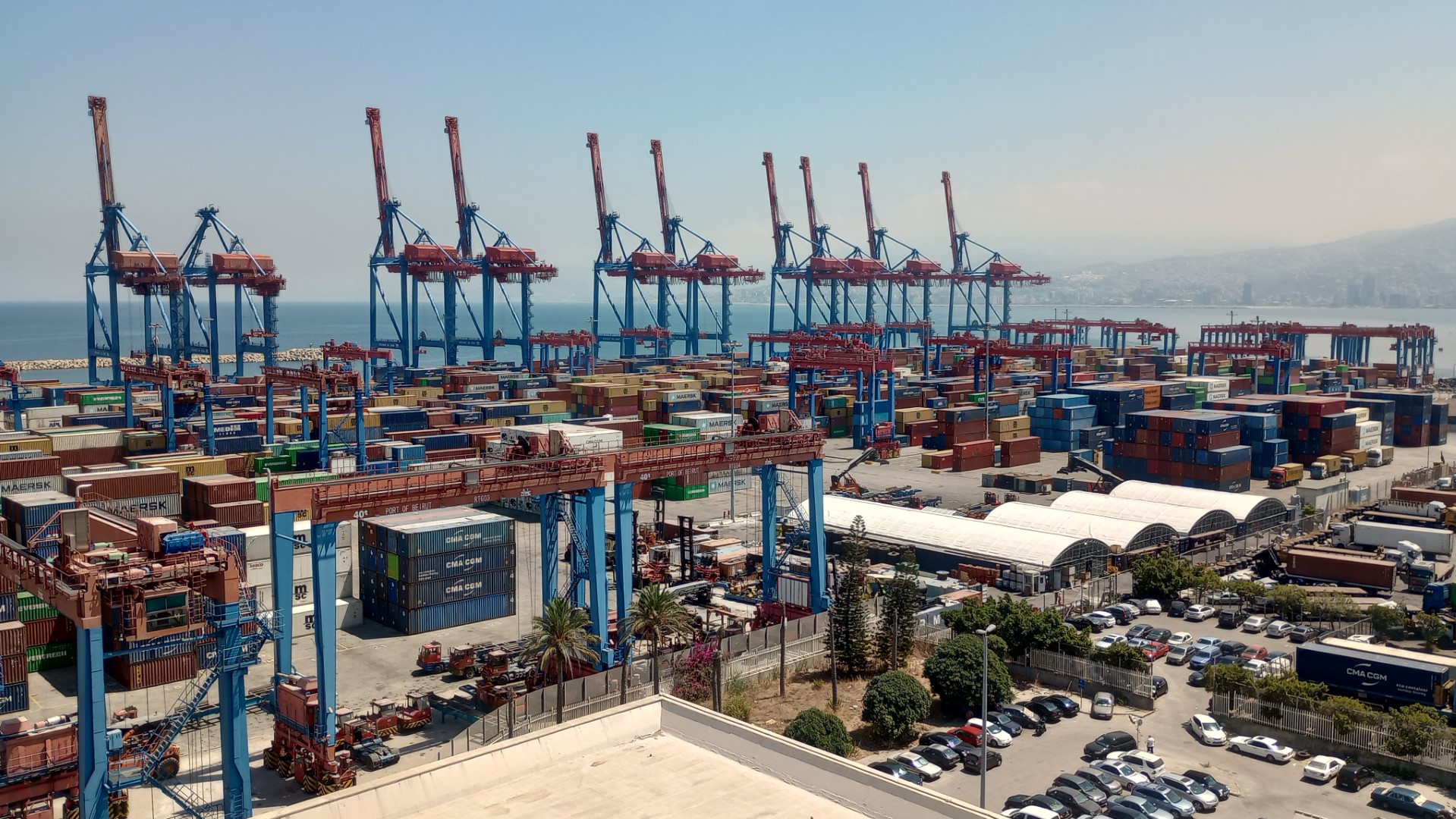
“The CRIMARIO II project has provided us with vital help in improving maritime security in the Philippines. [...] It aims to improve information exchange, coordination between maritime agencies and environmental protection. [...] This is made possible by the support of the European Union which, through CRIMARIO II, helps us meet our national and regional needs, both present and future, while fostering strong, mutually beneficial regional cooperation.”
- Director of the National Maritime Centre, The Philippines

Our framework for action
Our activities align with several international frameworks aimed at addressing the many threats to global stability, including:
- The United Nations Convention against Transnational Organised Crime - This stipulates that signatory states must grant each other the widest possible mutual legal assistance in investigations, prosecutions and legal proceedings relating to transnational offences.
- The European Internal Security Strategy - This supports Member States and strengthens the EU’s ability to keep its citizens safe.
- Sustainable Development Goal (SDG) 16 - This promotes peaceful and inclusive societies with a view to achieving sustainable development, access to justice for all, and effective institutions at all levels, while providing a framework for collective action to combat organised crime.
For further reading
Our services in this area
When it comes to global threats, our priority is to combat all crises through inter-state cooperation and the sharing of technical expertise, using every tool at our disposal.
Our method is based on four key principles:
- Align with the European Union’s framework for action to reduce threats at regional level
- Promote regional organisations active in the areas in which we operate
- Implement Team Europe’s collective agenda by encouraging the participation of various European agencies
- Implement French global strategies by drawing on our public-sector expertise
Our work therefore takes a variety of forms. For example, we establish specialised multidisciplinary teams, support investigations and police operations, and help strengthen the institutional capacities of criminal justice and civil society stakeholders.
We aim to strengthen the capacities of institutions to prevent and fight against transnational threats over the long term. This forms part of a strategy focused on strengthening the strategic, regulatory and legal frameworks of our partners and protecting their critical infrastructure through training, awareness-raising and capacity-building initiatives.
Resources for download
FAQs - For more about global threats
Find out more about global threats and organised crime.
Organised crime refers to criminal activities planned and perpetrated by an organised group of three or more people. This group must exist for an extended period of time and act in concert to commit one or more serious crimes in order to obtain, whether directly or indirectly, a financial or material gain. This definition is set out in the United Nations Convention against Transnational Organised Crime, also known as the Palermo Convention.
Transnational organised crime refers to criminal activities planned and perpetrated by organised groups operating across national borders. It includes offences such as drug trafficking, migrant smuggling and human trafficking, arms trafficking, money laundering and cybercrime. These criminal activities are a threat to peace, human security and human rights, and undermine the economic, social and political development of societies.
Financial crime encompasses a wide range of illegal activities such as fraud, money laundering, corruption and tax evasion. It can be perpetrated by individuals or organisations and has significant economic and social repercussions. According to INTERPOL, “financial crime and cybercrime are inevitably linked, given that most cases of financial fraud are committed using digital technologies”.
Environmental crime refers to illegal activities that harm the environment, such as wildlife trafficking, illegal logging, illegal fishing and pollution. These crimes have harmful consequences for human health and safety, social and institutional stability, and the economy.
As for environmental justice, this aims to prevent, punish, and repair damage to the environment. It involves drafting public policies, strengthening the capacities of institutions, and encouraging international cooperation to ensure effective environmental protection.
The illegal trafficking of cultural property refers to the theft, smuggling and illegal sale of objects of artistic, historical or archaeological value. This form of trafficking affects all countries involved, regardless of whether they are the country of origin, transit or destination of the cultural property in question. It is often linked to other forms of organised crime and poses a threat to the world’s cultural heritage.
Digital sovereignty refers to a state’s ability to control its digital infrastructure, data and cybersecurity policies. It is an essential condition for protecting national interests in cyberspace.
Cyber resilience refers to an organisation or state’s ability to anticipate, resist, respond to and recover quickly from cyber attacks. It requires measures to strengthen legal frameworks, protect critical infrastructure, develop stakeholder skills, combat online foreign interference, and respond to hybrid threats.
Our projects
ESIWA - Enhancing the European Union’s Security Cooperation In and With Asia
Closed
2020 - 2024
Funders : European Union
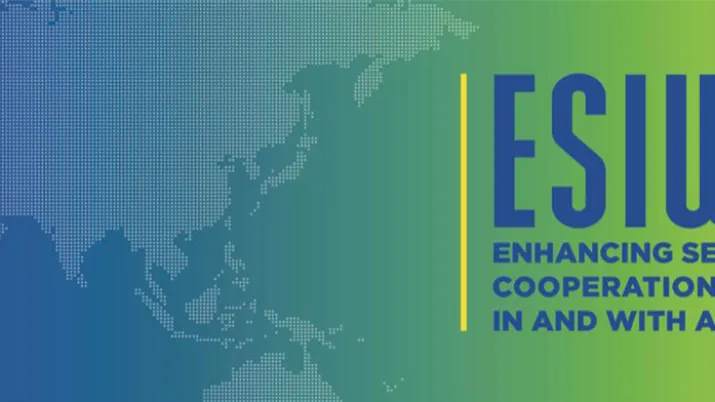
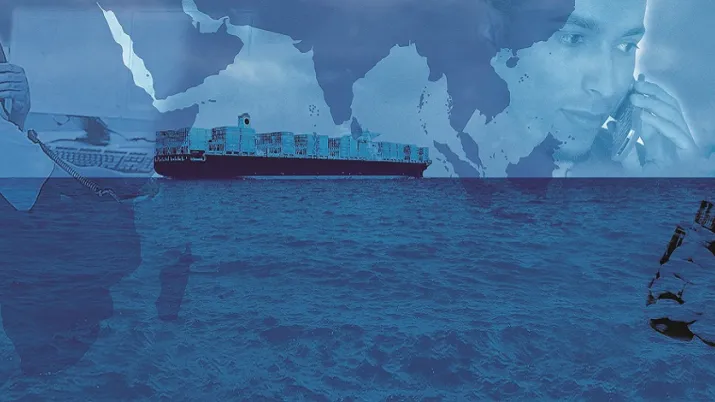
Go Blue – Project to strengthen maritime security in Kenya
Closed
2020 - 2024
Funders : European Union
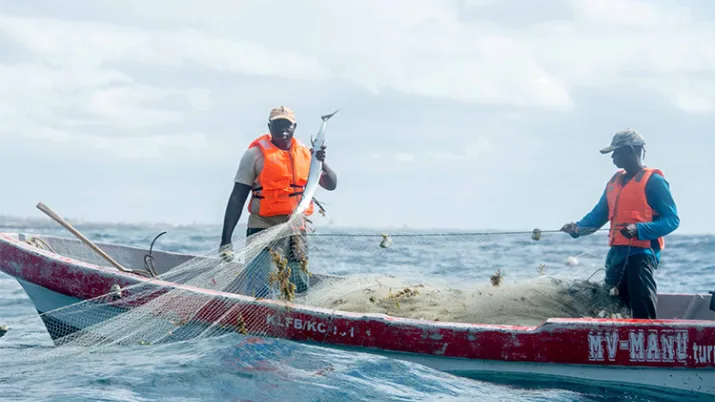
Key figures
- +20 projects underway
- +50 experts and personnel deployed on the ground
- +€95 million worth of projects in this area
